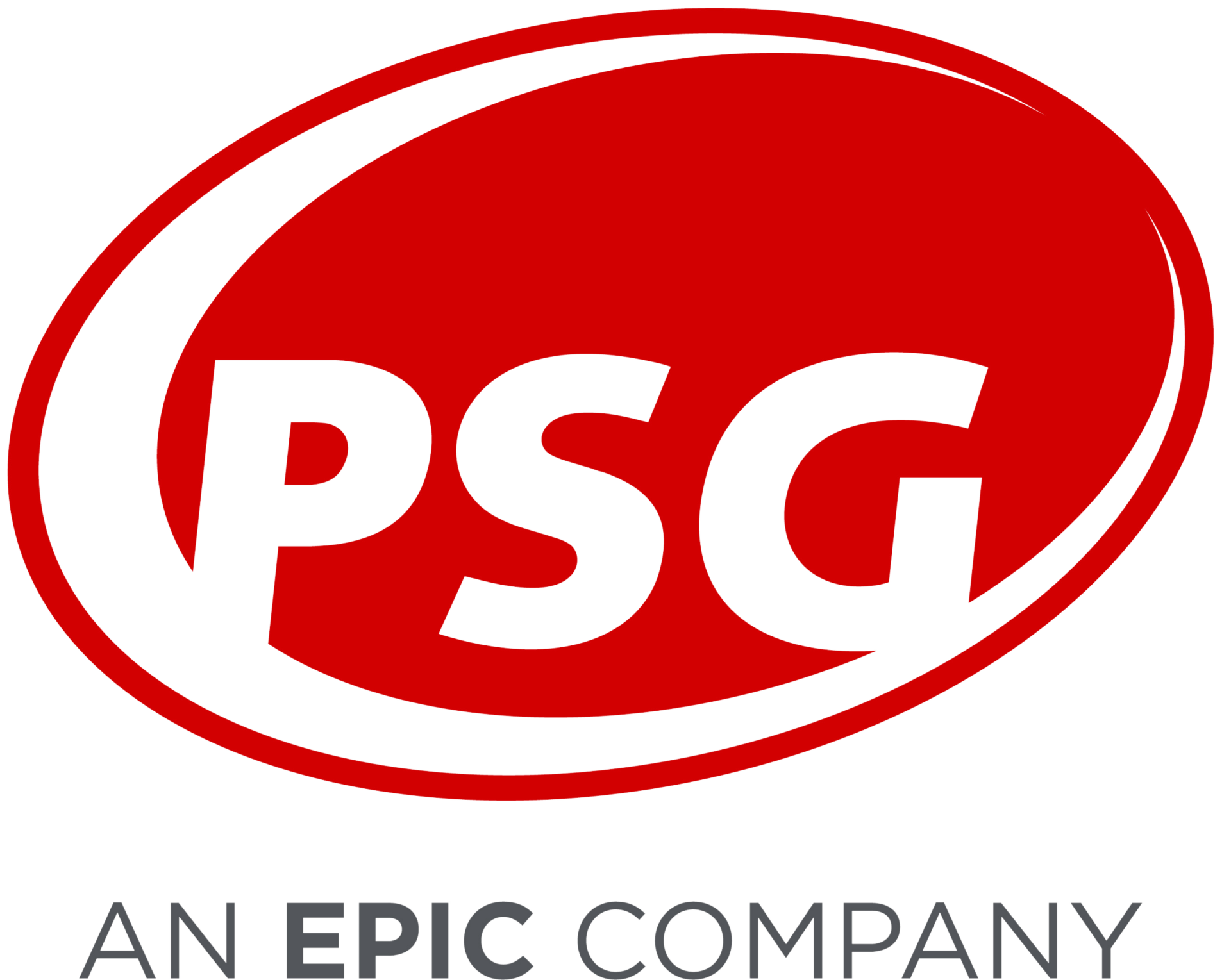Why a Price Cut in Pcsk9 Inhibitors Isn’t Entirely Good News for Plan Sponsors
Posted on May 14, 2018
Recently it was announced that Regeneron and Sanofi had entered into an agreement with Express Scripts to drastically reduce the price tag on Praulent, a PCSK9 inhibitor, in exchange for exclusivity on Express Scripts National Preferred Formulary. But is this good news for plan sponsors?
Let’s examine the facts to answer that question.
Background: PCSK9 Inhibitors
PCSK9 inhibitors were a new class of drugs that lowered LDL, or “bad” cholesterol, which traditionally have been treated using statins. In 2015, Praulent (Sanofi and Regeneron) and Repatha (Amgen) were launched in the market with a list price of approximately $14,600 annually. Around 75 million US patients are in need of pharmacy treatment to lower LDL-C yet only a small fraction are ideal candidates for PCSK9 inhibitors due to cost as well as convenience. Traditional statins are administered orally (pill form) and cost around $10-20 month, or $120-240 annually. Versus PCSK9 inhibitors at $14,600 and administered via injection.
Coming on the heels of the hepatitis C drugs that broke the bank – upon the launch of the PCSK9 inhibitors in 2015 PBMs were prepared with stringent utilization controls ensuring the drug was only approved for those who truly needed the higher cost therapy. These patients were mainly those suffering from heterozygous familial hypercholesterolemia and/or those for which lower cost statins were unable to control LDL which kept utilization controlled.
In 2017, the Institute for Clinical and Economic Review (ICER) released an updated value-based price range on Praulent at $4,500-8,000 per year versus the $14,600 list price. The ICER report coupled with slow market growth is reportedly why Regeneron and Sanofi entered into the recent agreement with Express Scripts to reduce the price of Praulent to $4,500-8,000 per year.
Impact on Plan Sponsors
While a price cut could be good news for patients and plan sponsors – Express Scripts has agreed in exchange to reduce the documentation requirements to approve the drug. This historically included submitting laboratory results and detailed medical records to approve the drug.
This fact should be of great concern to plan sponsors.
Statins have long been the standard of care for the treatment of elevated cholesterol levels, backed by years of real-life data, countless studies, and significant physician experience and familiarity. Statins are effective. Consequently few patients need to progress to PCSK9 inhibitors if properly adherent to first-line therapies such as statins and ezetimibe, which are both oral therapies dosed once daily. PCSK9 inhibitors additionally require the patient to administer the product through injection versus orally which could be an additional barrier to adherence. PCSK9s cost 3600% more than traditional statin therapy thus it’s important to reserve their use for those patients for whom statins either do not work or can’t be used.
Payer dollars could be better spent on conditions offering few lower cost alternatives such as cancer and multiple sclerosis. A price reduction does not equate to clinical appropriateness, therefore, our recommendation to clients will be to continue to follow strict clinical rigor in coverage criteria. Utilization management should continue to be used to identify who are the right patients for PCSK9 inhibitors. Plan sponsors should be aware that pharmaceutical manufacturers may likely increase consumer marketing efforts – creating more demand and pressure on prescribers. Consequently, a step therapy program that only relies on verbal confirmation by a physician’s office that lower cost statin(s) were ineffective, without documentation, would not be best practice.
SOURCE: http://newsroom.regeneron.com/releasedetail.cfm?ReleaseID=1065605
